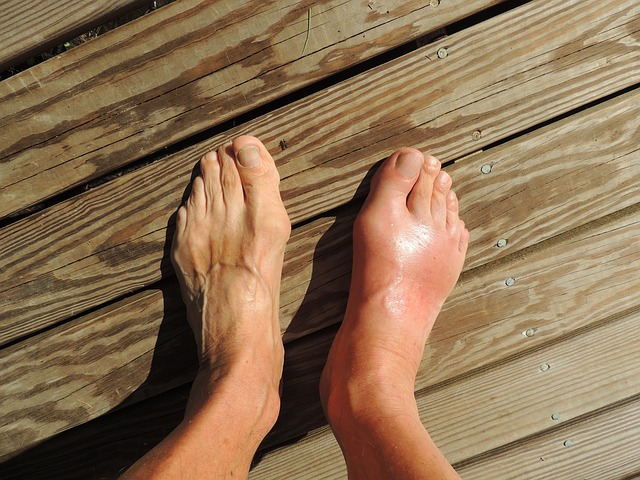Common signs you may have an infectious disease
The symptoms of an infectious disease will largely depend on the type you have. However, there are some common symptoms we can look for based on the type of infection you have.
Fungal infections are typically localised to a particular area of the body. Symptoms include rashes, itchiness and blisters. Other symptoms may also be present, including pain and aches.
Alternatively, viral and bacterial infections can exhibit symptoms in many areas of your body. These symptoms can include:
- Body aches
- Chills
- Fever
- Cough
- Congestion
- Fatigue
- Diarrhoea, nausea and vomiting
If you experience any prolonged or worsening symptoms, it’s important to see a doctor

What infectious diseases do we treat?
You might be surprised by the wide range of conditions Bettr can take care of for you.
As long as it’s not a medical emergency, our doctors can help you with a wide range of health issues and healthcare services in the comfort of your home. For example, during a consultation, our doctors can help diagnose your issue, prescribe medication to treat acute (right now) symptoms and suggest lifestyle changes for long-term prevention where relevant.
Infectious diseases we can help treat through Bettr include the following:
- Chickenpox
Chickenpox is a common viral illness among children in New Zealand that causes an itchy, blister-like rash over the body. It is easily spread through the air or touch, with symptoms appearing 10-21 days after exposure. Adults can also get Chickenpox, which is often more severe than that in children. Most Chickenpox cases are mild but can sometimes lead to severe complications. Though most symptoms, like itching, can be treated at home, a doctor should be seen if your blisters become infected or you experience more serious symptoms like a fever or nausea. If you have not had Chickenpox, immunisation may be available. Talk to your doctor to see if you qualify. - Cold
The cold is a common viral infection you can catch through the air or touch from someone who coughs, sneezes, or touches something while contagious. There are over 200 viruses that can cause a cold, impacting your head and chest and leaving you feeling unwell. Symptoms develop slowly and typically last between one to two weeks. If you are tired, stressed, have a poor diet or work in crowded conditions, you are more likely to get a cold. The best way to treat a cold is rest and hydration, but certain medicines may relieve the symptoms, including painkillers and lozenges. Talk to a doctor if symptoms become more serious, like pain, difficulty breathing, or prolonged fever. - Flu
The flu (influenza) is considered a moderate to severe illness that is sometimes confused with the common cold. Though the head and chest are both impacted, compared to the cold, symptoms often appear quickly, and you can experience body aches, fever, chills, and upset stomach. Symptoms typically last one to two weeks, though coughs may drag out longer. Like the cold, serious complications can result from the flu, with specific demographics more susceptible, including pregnant women, overweight people and those over 65 years old. However, unlike the cold, you can get an annual flu vaccination to help protect you from catching it. - Glandular fever
Glandular fever is a viral condition typically seen in teenagers and young adults. Spreading mainly through saliva, symptoms can appear four to six weeks after infection, including tiredness, sore throat and flu-like symptoms. However, not everyone infected will show signs of infection, and those that do usually get better in two to four weeks, though with some exceptions for prolonged fatigue. Treatment typically involves maintaining fluids, rest and pain medicines to ease symptoms. - Shingles
Shingles is caused by the same virus as Chickenpox. Anyone who has previously had Chickenpox can get shingles. Shingles occur when the Chickenpox virus reactivates, causing a painful rash of small blisters on one side of the body. Shingles are most likely to appear in adults over 50 or those with a weak immune system. The virus has the potential to cause prolonged pain or numbness if it damages a nerve. As soon as you suspect you have a rash from shingles, see a doctor to help speed up recovery and reduce the chance of prolonged pain.
Many other conditions not on this list will also be fine for online support. However, if your doctor thinks you need a face-to-face consultation for further treatment, they will discuss this with you to arrange the best next steps.
See a doctor online with Bettr
If you suspect you or a family member has an infectious disease, like the above, you can book an appointment with our doctors, who can often treat your condition online.
We offer same-day appointments and online prescriptions. There’s no app to download, no need to change GP and no registration; just immediate healthcare wherever you are. And should you become unwell because of an accident, we also offer ACC and injury care. Should you need a medical certificate, we can do that too.
Following your online consult, should you need to see a doctor face to face to treat your infectious disease, we can make it easy by referring you to one of our nearly 50 GP and medical clinics from Whangārei to Christchurch.




